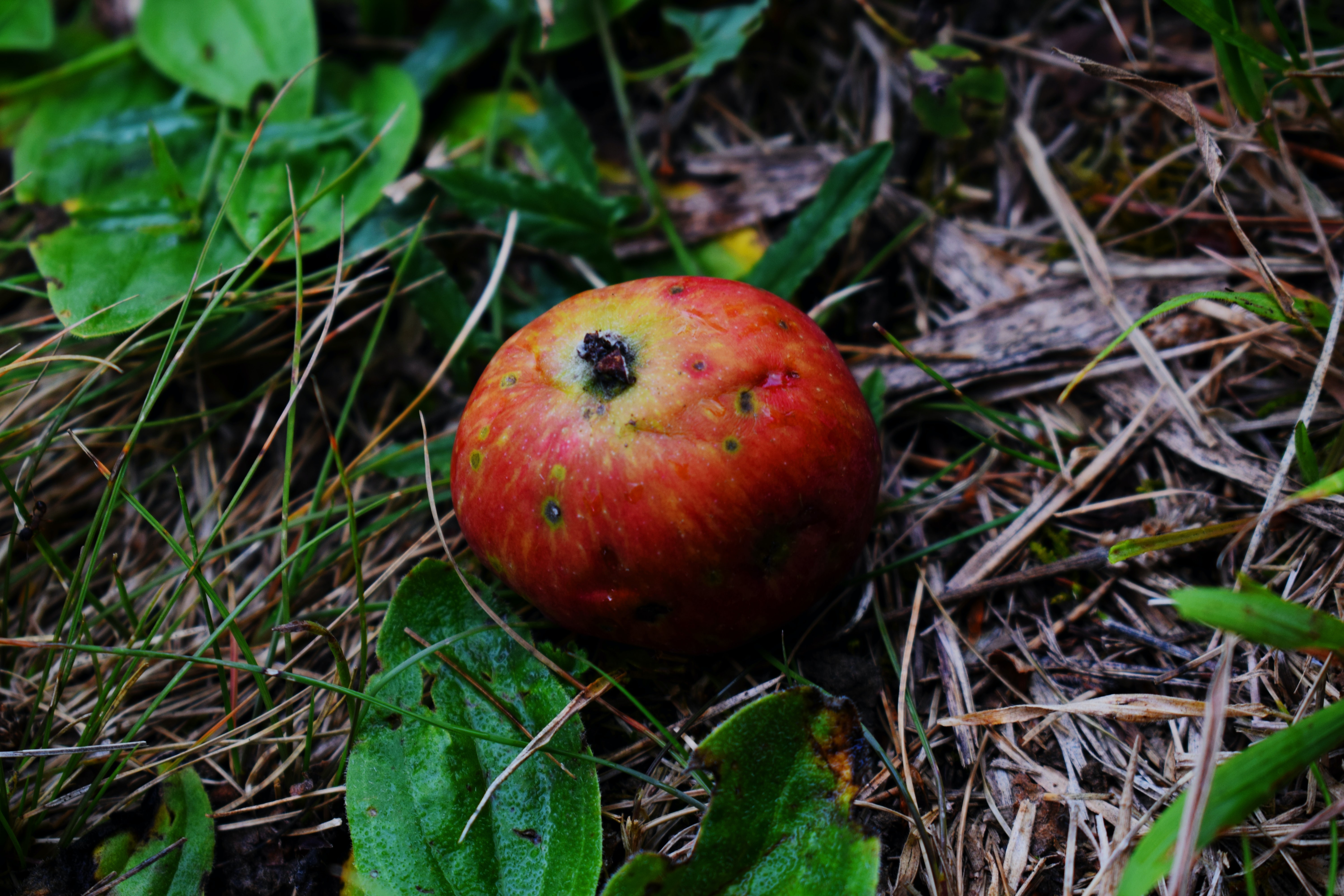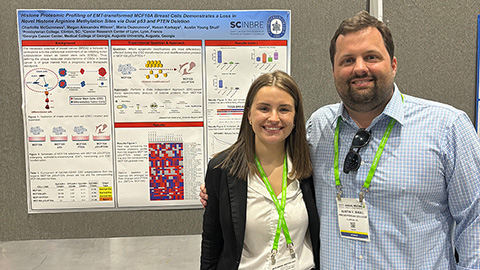This week's staff picks
Every week, the ASBMB staff shares what we’ve been reading, listening to, watching and doing. This week, our minds remain on the international wave of protests against racial injustice and the ongoing COVID-19 pandemic.
#BlackintheIvory, #BlackAndSTEM and assorted Twitter users (Twitter)
I typically go through phases of paying close attention to social media for a few days and then not having time or inclination to engage for several more days. However, for the last several weeks, I have been glued to Twitter. I haven’t been tweeting much, but I have been listening and reflecting. Everyone should be doing so, in order to grapple with the extent of systemic racism in science and begin to work together to build a better scientific enterprise. The hashtags above are a must-read: Our Black colleagues’ voices must be heard and valued if progress is to be made. My feed has been filled with many voices, but I wanted to include a few in particular that, through their tweets, have given me much to think about. Some I have known for many years, while others are newer to me. All are worth following: Dr. Shanta Whitaker, Dr. Alycia Mosley Austin, Dr. Antonio Bush, Dr. Johnna Frierson, Dr. Michael D. L. Johnson, and Dr. Crystal Grant.
— Kirsten Block, director of education, professional development and outreach
Hazy on ground-glass opacities? Here's what they are (Kristina Fiore, MedPage Today)
When I was diagnosed a few years ago with a rare autoimmune disease, one of the first things I did was go to PubMed to set up keyword alerts. I didn’t, and still don’t, know much about immunology, and the truth is that most of the papers that I read were over my head. But I began to pick up the terminology for the symptoms I was experiencing and for ones I wasn’t. As illiterate as I sometimes felt, I knew one thing: Ground-glass opacities on lung scans were bad news. Interstitial lung disease is common in inflammatory conditions like mine, and it’s usually what kills people like me, which is why I get screened several times a year. So far, I’ve been OK, thanks to a lot of good science and drugs. This is a long way of explaining why I was really interested to learn from this article by Kristina Fiore that ground-glass opacities also appear in CT scans of some COVID-19 patients. Fiore covers the origin of the term (spoiler: It has to do with old-fashioned filmmaking, like in Hollywood) and describes how the scarring looks in COVID-19 lung scans. Apparently, not all ground-glass opacities are alike! Now, not all newly infected COVID-19 patients exhibit ground-glass opacities, so CT scans aren’t really useful for diagnostics. However, we know very little about the long-term effects of the virus, and it’s likely that CTs will be used for monitoring lung scarring in those who survive it.
CPJ board demands U.S. local authorities halt assaults on journalists (Committee to Protect Journalists)
I believe in the First Amendment. I am terrified to see it attacked, threatened, and minimized by President Donald Trump. I am also deeply disturbed by the escalation of Trump's toxic rhetoric. The board of the Committee to Protect Journalists released a letter last week calling on U.S. governors, mayors and police chiefs to stop assaults on journalists legally covering the protests. They write: “The Committee to Protect Journalists and the U.S. Press Freedom Tracker are currently investigating at least 280 reports of anti-press violence since May 26, a number we have never seen in the United States.” The last part echoes eerily: “a number we have never seen in the United States.” Their letter continues: “Every time an American police officer mistreats a journalist or a protester, their actions empower the despots and autocrats who show no mercy in the relentless suppression of their own people and press.” I set up a recurring monthly donation to CPJ this week.
— Ally Frick, multimedia and social media content manager

How apples go bad (Helen Rosner/The New Yorker)
Have you ever found yourself with a bunch of rotting apples — not metaphorically, but on the branch or in the basket? Award-winning food writer Helen Rosner has advice on how to handle and curtail the spread of noxious decay. “The only way to avoid rot is to be proactive: check every apple, every tree. At the first sight of something amiss — a bruise or broken skin, a sunken place — toss that apple out, but don’t stop there. Scrub all the others and monitor them closely, but know that it’s likely already too late.”
— John Arnst, science writer
Enjoy reading ASBMB Today?
Become a member to receive the print edition four times a year and the digital edition monthly.
Learn moreGet the latest from ASBMB Today
Enter your email address, and we’ll send you a weekly email with recent articles, interviews and more.
Latest in Opinions
Opinions highlights or most popular articles

The tortoise wins: How slowing down saved my Ph.D.
Graduate student Amy Bounds reflects on how slowing down in the lab not only improved her relationship with work but also made her a more productive scientist.

How pediatric cataracts shaped my scientific journey
Undergraduate student Grace Jones shares how she transformed her childhood cataract diagnosis into a scientific purpose. She explores how biochemistry can bring a clearer vision to others, and how personal history can shape discovery.

Debugging my code and teaching with ChatGPT
AI tools like ChatGPT have changed the way an assistant professor teaches and does research. But, he asserts that real growth still comes from struggle, and educators must help students use AI wisely — as scaffolds, not shortcuts.

AI in the lab: The power of smarter questions
An assistant professor discusses AI's evolution from a buzzword to a trusted research partner. It helps streamline reviews, troubleshoot code, save time and spark ideas, but its success relies on combining AI with expertise and critical thinking.

How AlphaFold transformed my classroom into a research lab
A high school science teacher reflects on how AI-integrated technologies help her students ponder realistic research questions with hands-on learning.

Writing with AI turns chaos into clarity
Associate professor shares how generative AI, used as a creative whiteboard, helps scientists refine ideas, structure complexity and sharpen clarity — transforming the messy process of discovery into compelling science writing.

